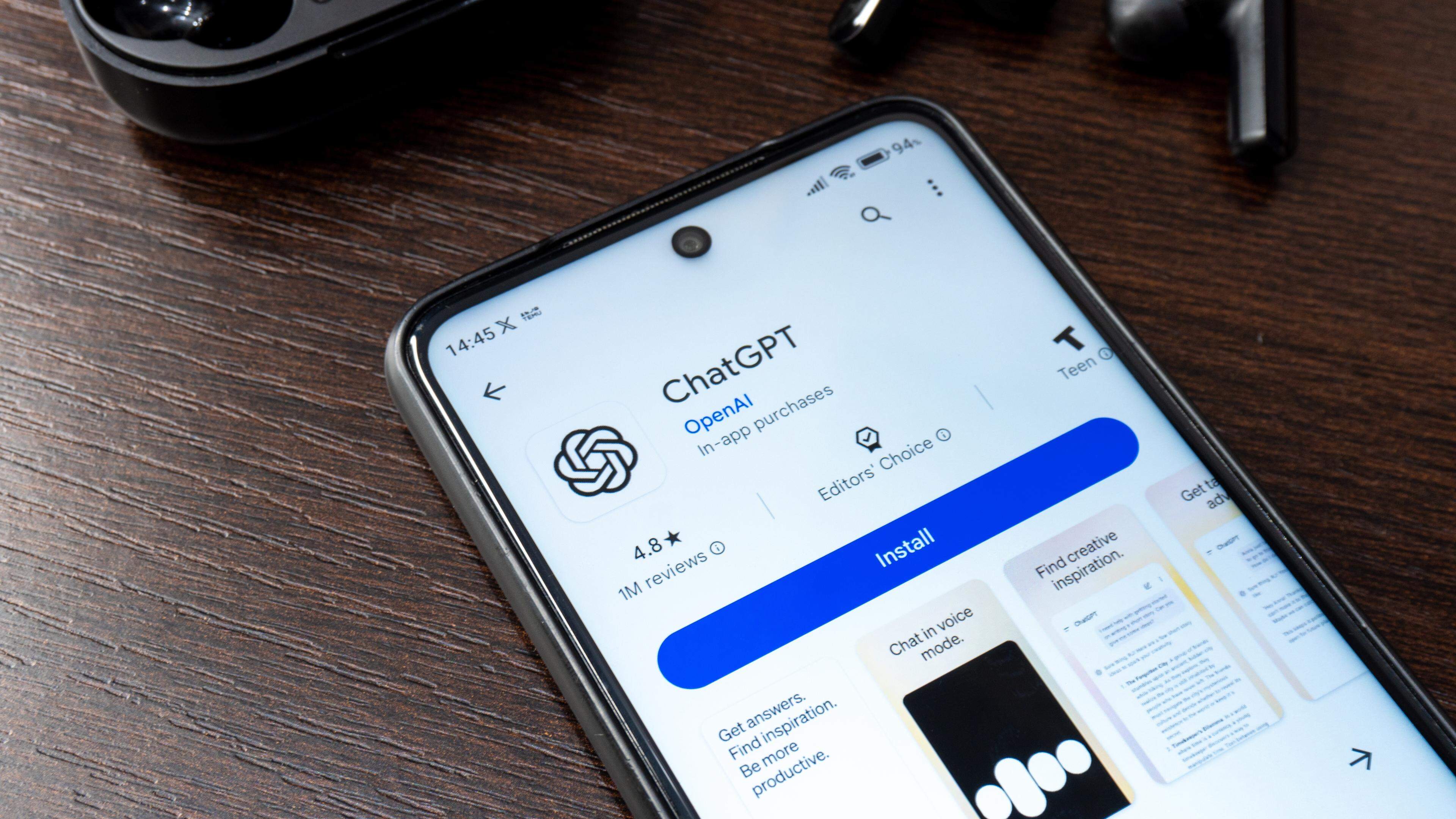Chatgpt consumes more because of « please » and « thank you »

What is actually a harmless courtesy has a surprisingly large impact for Openai, the AI company from San Francisco. According to managing director Sam Altman, courtesy phrases such as « please » and « Thank you » in user inquiries to Chatgpt electric costs in the millions.
When asked by a user on the X platform (formerly Twitter), how much energy is used by such inquiries, the 40-year-old replied jokingly: « Dozens of millions, well invested-you never know. » The addition « You never know » alludes to dystopic scenarios, as they are known from science fiction films such as the « Terminator ».
But the question has a serious background: for the operation of AI systems like Chatgpt Significant resources are necessary – large data centers that not only consume electricity, but also need water for cooling. The more extensive the requests from the users, the more energy and water are needed – this also applies to small phrases such as « please » and « thank you », which are processed by the AI.
Openai-CEO Sam Alt answered the question of an “X” user in an ironic way. Photo: Shutterstock
So far, Openaai has not published any precise data about the operating costs. But estimates of the University of California in cooperation with the « Washington Post » Show: Already writing a 100-word email with GPT-4 consumes around 0.14 kilowatt hours of electricity. In other words, if 10 percent of US employers-around 16 million people-have such an email written by chatt every week, the annual energy consumption is over 120,000 kilowatt hours. This corresponds to the electricity requirements of all households in Washington DC for 20 days.
What the new WhatsApp Ki can do-and what dangers it harbors
Water consumption is also considerable. The cooling of the server for a single generated email requires an average of about half a liter of water. Extrapolated to 16 million users, this results in more than 435 million liters of water – as much as all households in the state of Rhode Island consume in one and a half days.








